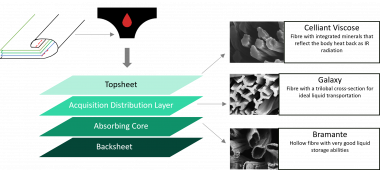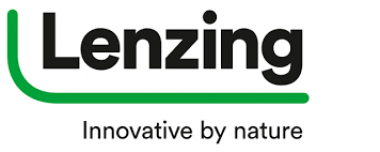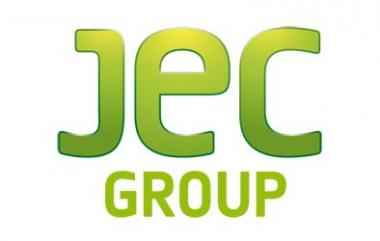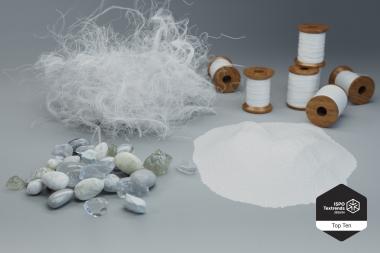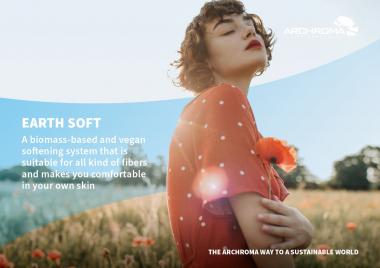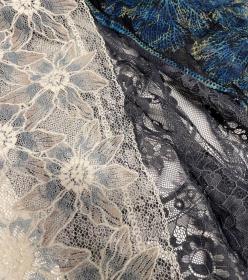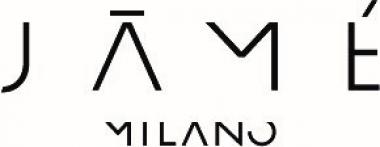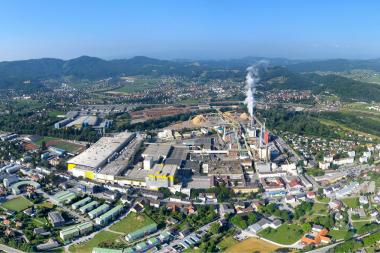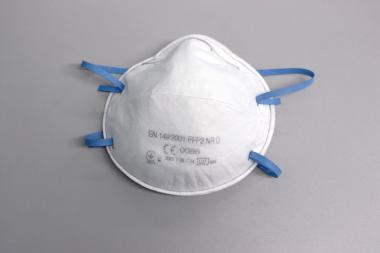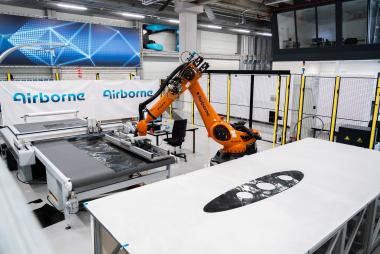Kelheim Fibres again on the podium at the Cellulose Fibre Innovation of the Year Award
For the second time in a row, the speciality viscose fibre manufacturer Kelheim Fibres was awarded a place on the podium at the Cellulose Fibre of the Year Awards. The concept for sustainable menstrual underwear made from Kelheim’s functionalised speciality fibres achieved third place. Kelheim Fibres thus emerges from the competition as the most innovative fibre manufacturer.
Project manager New Business Development Natalie Wunder presented the promising concept from Kelheim at the International Conference on Cellulose Fibres: "We have been able to use our experience as a long-established supplier for the tampon industry to develop further sustainable solutions in the feminine hygiene sector, in this case reusable menstrual underwear. As an innovation pioneer, we are thus helping to break the taboos that surround the topic of menstruation. We offer women the choice between different environmentally friendly products which also offer high levels of performance - depending on what fits their lifestyle."
For the next step, the commercialisation of the concept, Dr Marina Crnoja-Cosic, Director New Business Development at Kelheim Fibres, puts her trust in the proven open innovation approach: "We want to bring partners from the entire value chain together. By bringing in our joint expertise, we can significantly accelerate the path from idea to finished product in the market. At the same time, through open dialogue, we ensure that the concept works seamlessly from fibre through processing to the final product.
Kelheim Fibres


